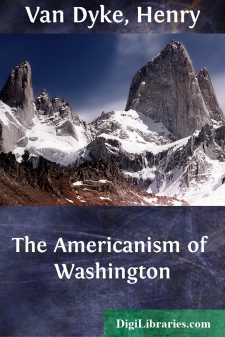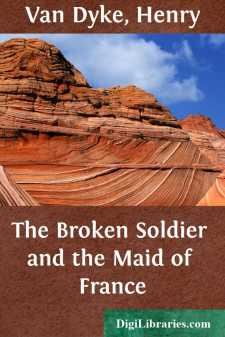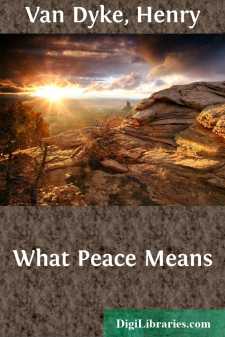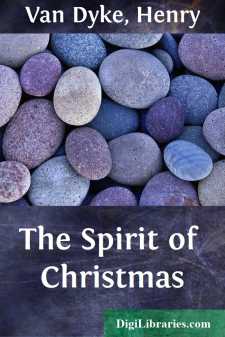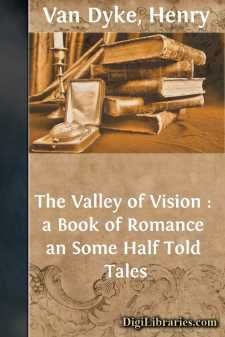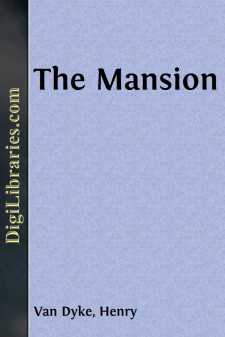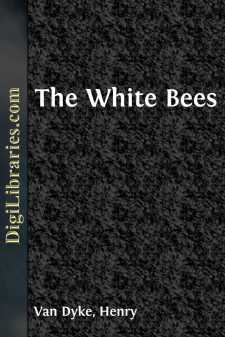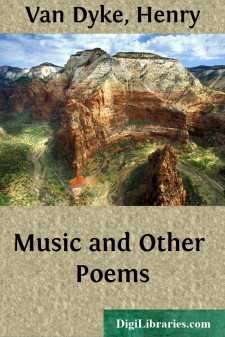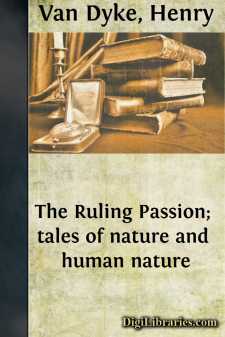Categories
- Antiques & Collectibles 13
- Architecture 36
- Art 48
- Bibles 22
- Biography & Autobiography 813
- Body, Mind & Spirit 142
- Business & Economics 28
- Children's Books 16
- Children's Fiction 13
- Computers 4
- Cooking 94
- Crafts & Hobbies 4
- Drama 346
- Education 46
- Family & Relationships 57
- Fiction 11829
- Games 19
- Gardening 17
- Health & Fitness 34
- History 1377
- House & Home 1
- Humor 147
- Juvenile Fiction 1873
- Juvenile Nonfiction 202
- Language Arts & Disciplines 88
- Law 16
- Literary Collections 686
- Literary Criticism 179
- Mathematics 13
- Medical 41
- Music 40
- Nature 179
- Non-Classifiable 1768
- Performing Arts 7
- Periodicals 1453
- Philosophy 64
- Photography 2
- Poetry 896
- Political Science 203
- Psychology 42
- Reference 154
- Religion 513
- Science 126
- Self-Help 84
- Social Science 81
- Sports & Recreation 34
- Study Aids 3
- Technology & Engineering 59
- Transportation 23
- Travel 463
- True Crime 29
The Americanism of Washington
by: Henry Van Dyke
Description:
Excerpt
Hard is the task of the man who at this late day attempts to say anything new about Washington. But perhaps it may be possible to unsay some of the things which have been said, and which, though they were at one time new, have never at any time been strictly true.
The character of Washington, emerging splendid from the dust and tumult of those great conflicts in which he played the leading part, has passed successively into three media of obscuration, from each of which his figure, like the sun shining through vapors, has received some disguise of shape and color. First came the mist of mythology, in which we discerned the new St. George, serene, impeccable, moving through an orchard of ever-blooming cherry-trees, gracefully vanquishing dragons with a touch, and shedding fragrance and radiance around him. Out of that mythological mist we groped our way, to find ourselves beneath the rolling clouds of oratory, above which the head of the hero was pinnacled in remote grandeur, like a sphinx poised upon a volcanic peak, isolated and mysterious. That altitudinous figure still dominates the cloudy landscapes of the after-dinner orator; but the frigid, academic mind has turned away from it, and looking through the fog of criticism has descried another Washington, not really an American, not amazingly a hero, but a very decent English country gentleman, honorable, courageous, good, shrewd, slow, and above all immensely lucky.
Now here are two of the things often said about Washington which need, if I mistake not, to be unsaid: first, that he was a solitary and inexplicable phenomenon of greatness; and second, that he was not an American.
Solitude, indeed, is the last quality that an intelligent student of his career would ascribe to him. Dignified and reserved he was, undoubtedly; and as this manner was natural to him, he won more true friends by using it than if he had disguised himself in a forced familiarity and worn his heart upon his sleeve. But from first to last he was a man who did his work in the bonds of companionship, who trusted his comrades in the great enterprise even though they were not his intimates, and who neither sought nor occupied a lonely eminence of unshared glory. He was not of the jealous race of those who
"Bear, like the Turk, no brother near the throne";
nor of the temper of George III., who chose his ministers for their vacuous compliancy. Washington was surrounded by men of similar though not of equal strength—Franklin, Hamilton, Knox, Greene, the Adamses, Jefferson, Madison. He stands in history not as a lonely pinnacle like Mount Shasta, elevated above the plain
"By drastic lift of pent volcanic fires";
but as the central summit of a mountain range, with all his noble fellowship of kindred peaks about him, enhancing his unquestioned supremacy by their glorious neighborhood and their great support.
Among these men whose union in purpose and action made the strength and stability of the republic, Washington was first, not only in the largeness of his nature, the loftiness of his desires, and the vigor of his will, but also in that representative quality which makes a man able to stand as the true hero of a great people. He had an instinctive power to divine, amid the confusions of rival interests and the cries of factional strife, the new aims and hopes, the vital needs and aspirations, which were the common inspiration of the people's cause and the creative forces of the American nation....


